The Art of Embracing Difficulty
Life is a series of challenges, some more daunting than others. While the instinctual reaction may be to avoid difficulty, there is a counterintuitive truth to consider: challenge and difficulty are good for us. They serve as the crucible in which our character is formed and our skills are honed.
When we face challenges head-on, we not only solve immediate problems but also build a reservoir of resilience and wisdom for the future. Life is short — so we may as well learn good problem solving techniques so we can spend more of our precious time with the ones we love.
The Psychological Benefits
From a psychological standpoint, overcoming challenges triggers the release of endorphins, the body’s natural mood lifters. It also enhances our sense of self-efficacy, the belief that we can accomplish tasks and achieve goals. This is not mere self-esteem but a grounded understanding of our capabilities, which is far more empowering.
The Skill-Building Aspect
Challenge and difficulty often require us to learn new skills or refine existing ones. Whether it’s mastering a new software tool, navigating complex interpersonal dynamics, or solving intricate problems, the skills we acquire become assets that enrich our professional and personal lives.
Strategies for Overcoming Challenge and Difficulty
- Reframe the Challenge: Instead of viewing a challenge as a problem, see it as an opportunity for growth.
- Break it Down: Large challenges can be overwhelming. Break them down into smaller, manageable tasks.
- Seek Support: Don’t hesitate to seek advice or assistance. Collaboration often leads to more effective solutions.
- Be Adaptable: Flexibility in approach can often yield better results than rigidly sticking to a plan.
- Celebrate Small Wins: Each small victory is a step towards overcoming the larger challenge. Celebrate them to maintain momentum.
20 Amazing Women in History Who Exemplify Overcoming Adversity
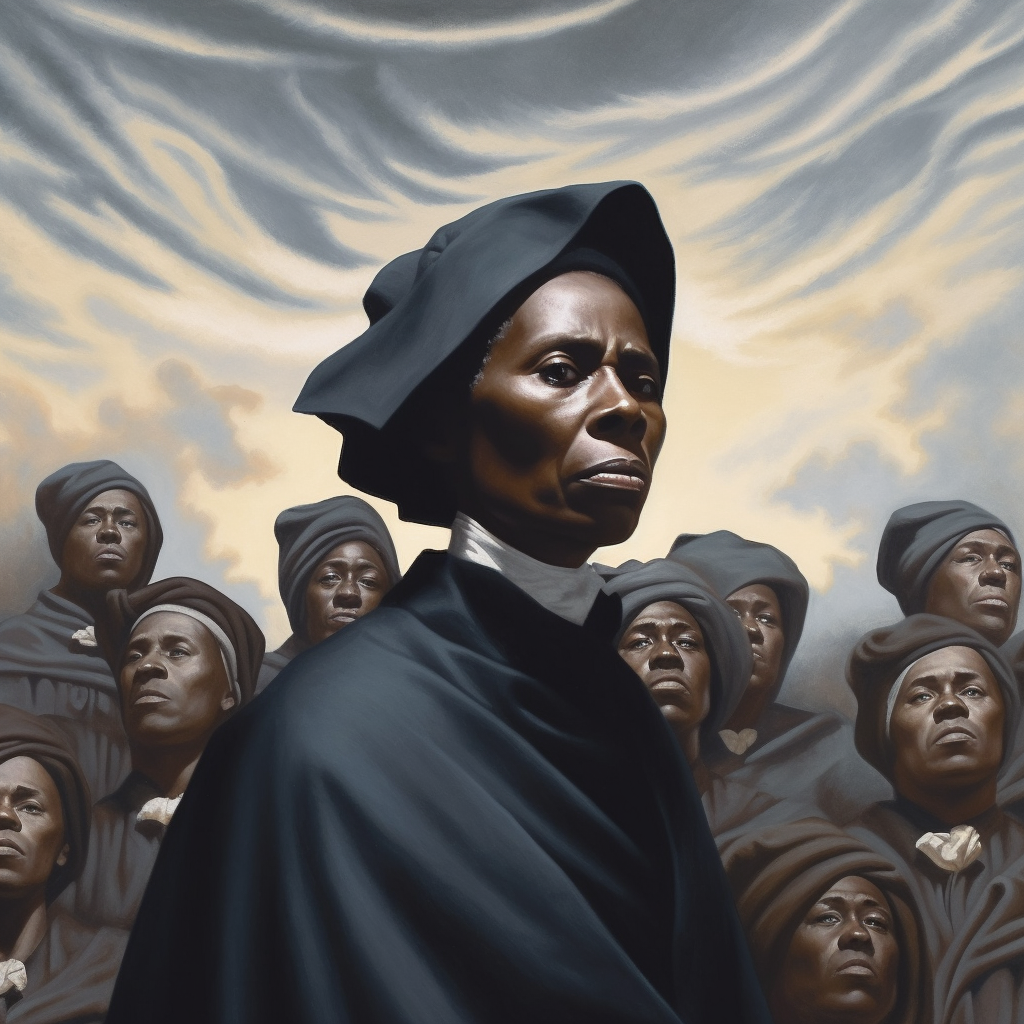
Harriet Tubman: Escaped slavery and led hundreds to freedom via the Underground Railroad.
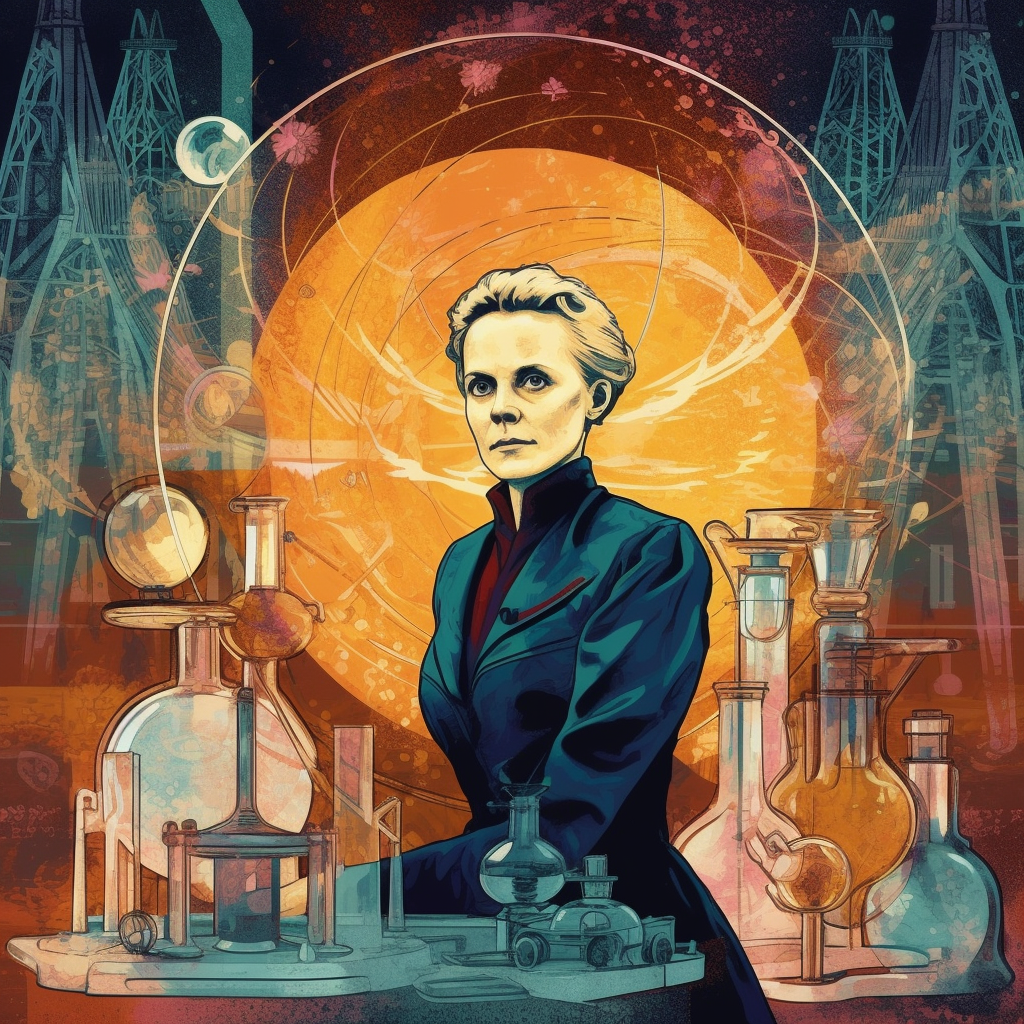
Marie Curie: First woman to win a Nobel Prize, pioneering research in radioactivity despite societal prejudices.
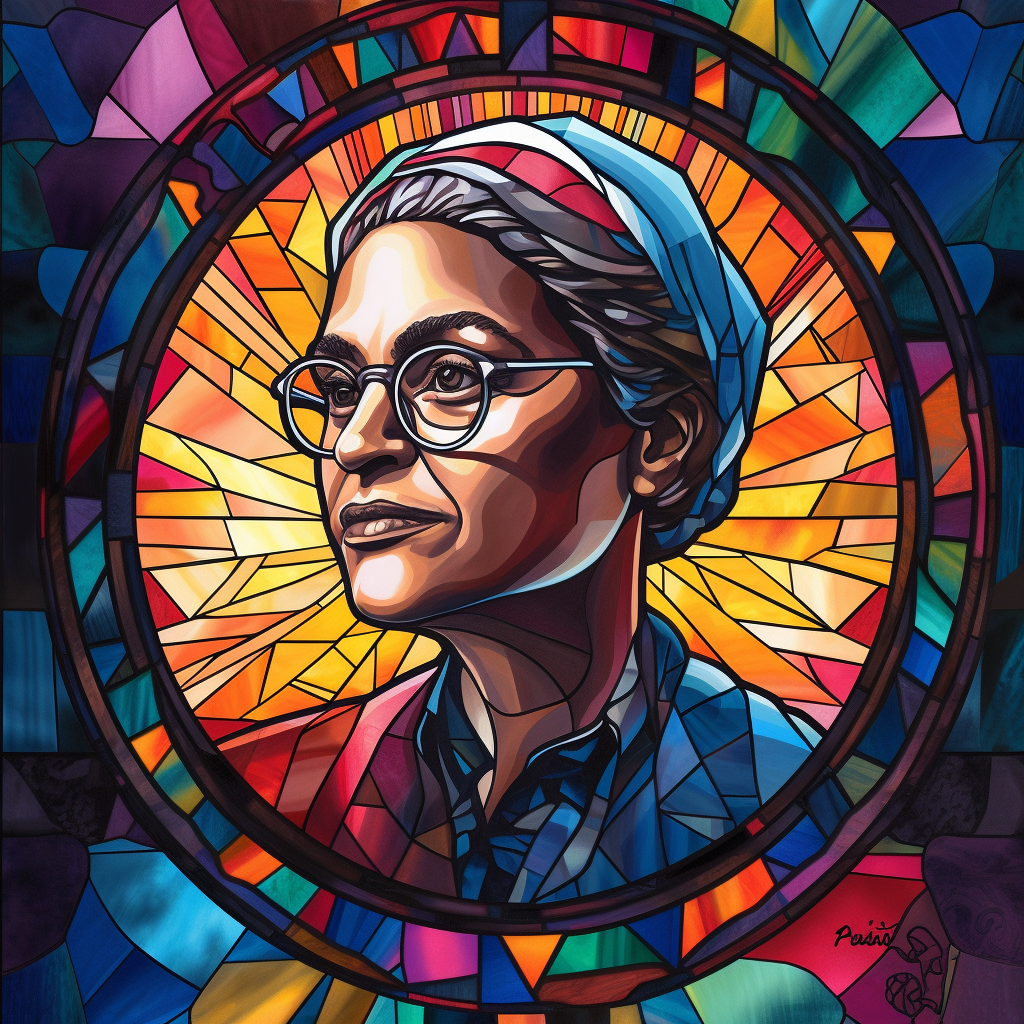
Rosa Parks: Catalyst for the Civil Rights Movement by refusing to give up her seat on a segregated bus.
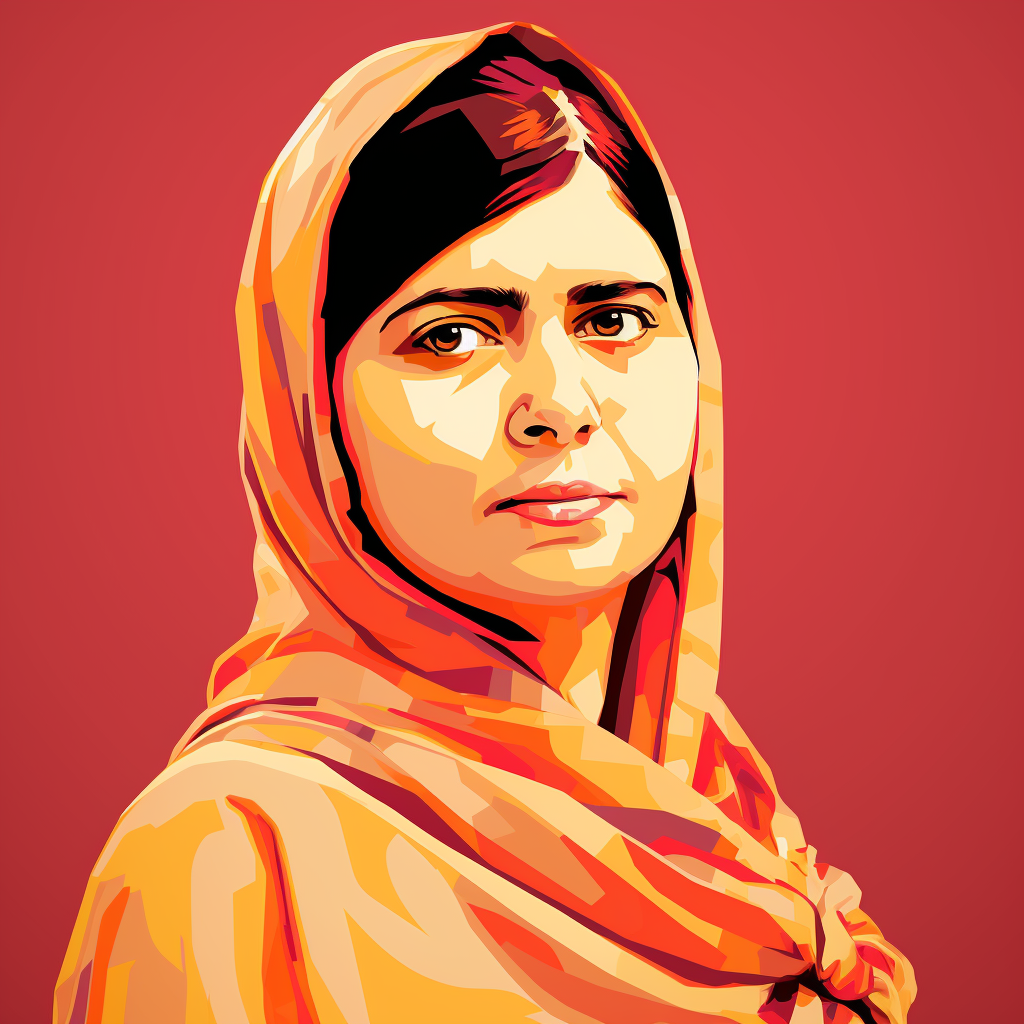
Malala Yousafzai: Survived a Taliban assassination attempt and advocates for girls’ education.

Helen Keller: Overcame being deaf and blind to become an influential author and activist.
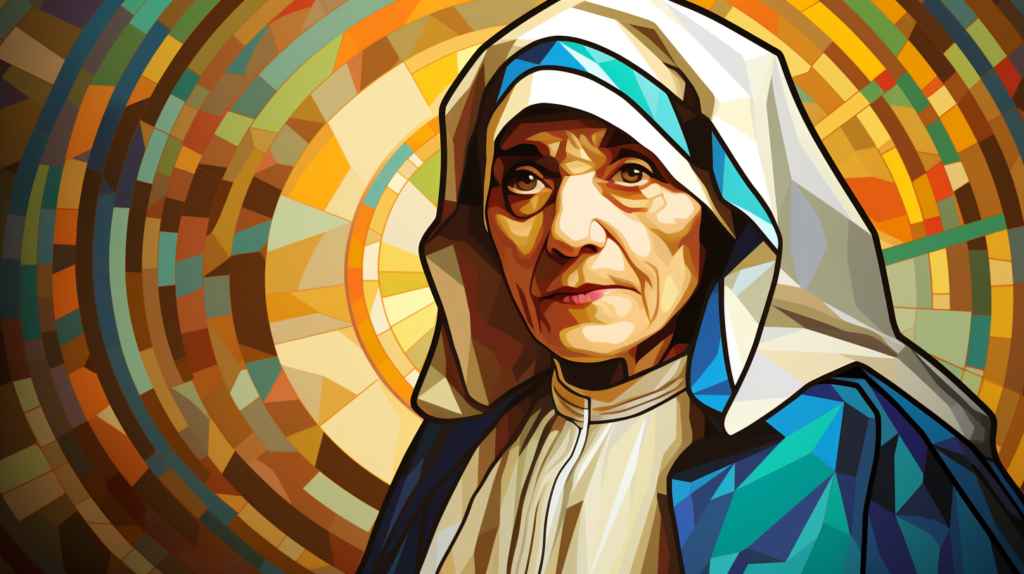
Mother Teresa: Devoted her life to helping the impoverished and sick in Calcutta.
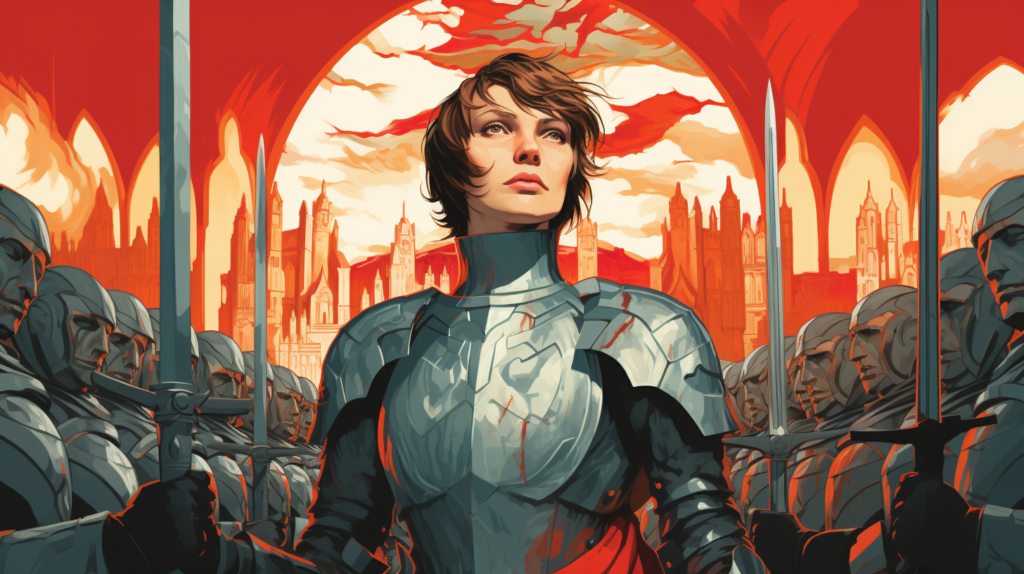
Joan of Arc: Led French troops to victory in the Hundred Years’ War despite being a young woman.
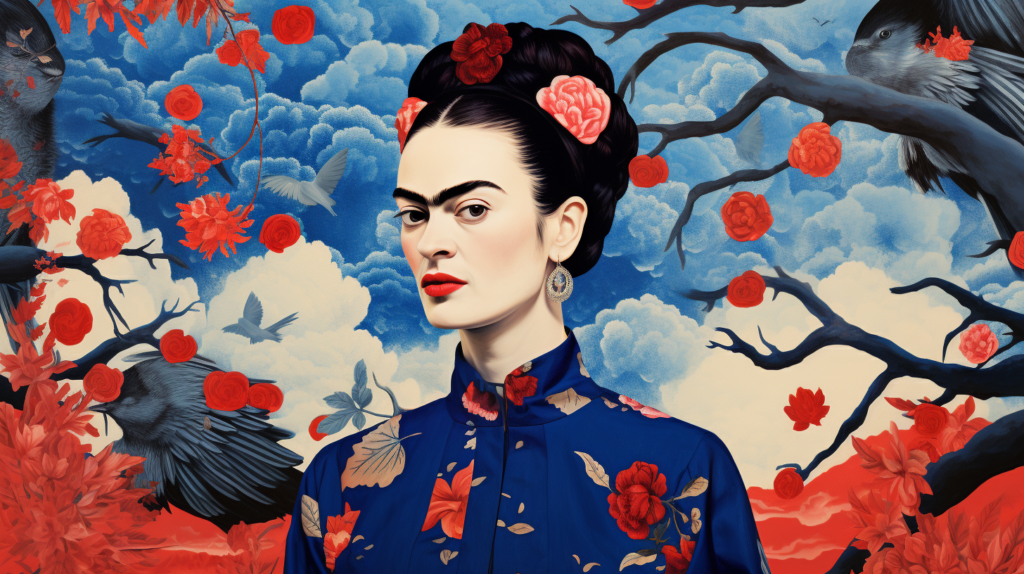
Frida Kahlo: Overcame physical disability and emotional pain to become an iconic artist.
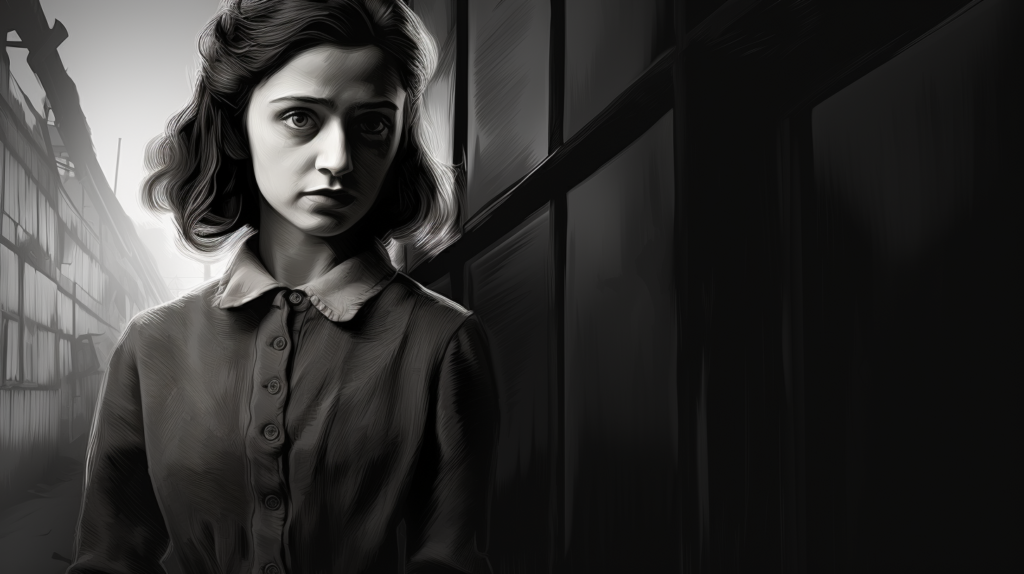
Anne Frank: Wrote a diary that provided a human face to the Holocaust.
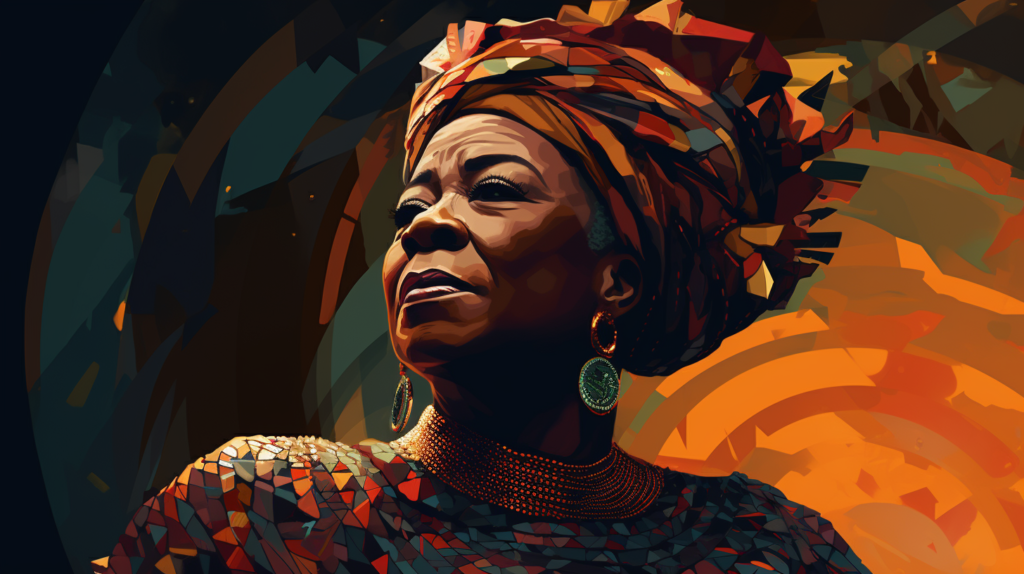
Maya Angelou: Overcame racial discrimination and sexual abuse to become a celebrated author and poet.

Amelia Earhart: First female aviator to fly solo across the Atlantic Ocean.
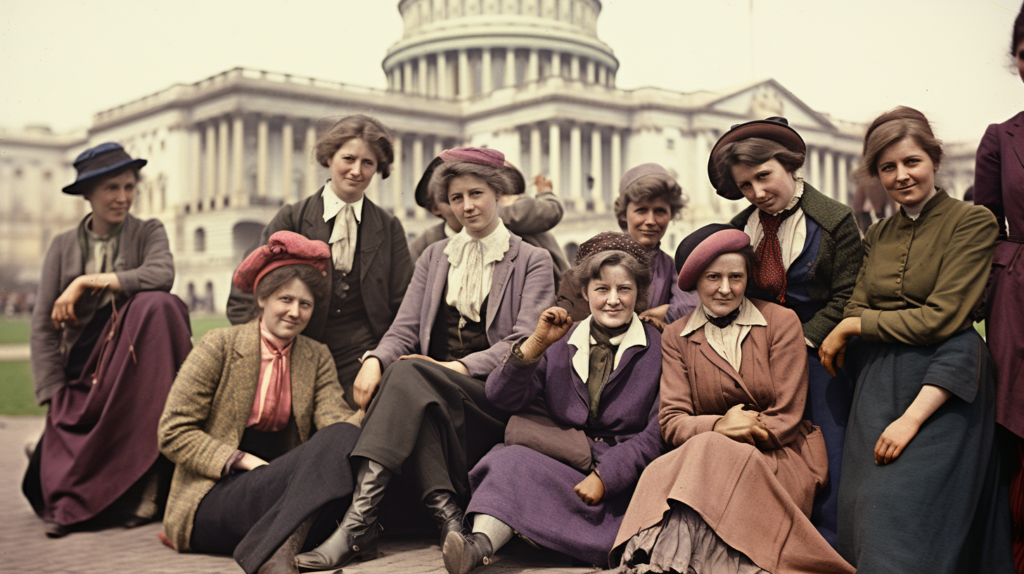
Suffragettes (Emmeline Pankhurst, Susan B. Anthony, etc.): Fought for women’s voting rights against all odds.
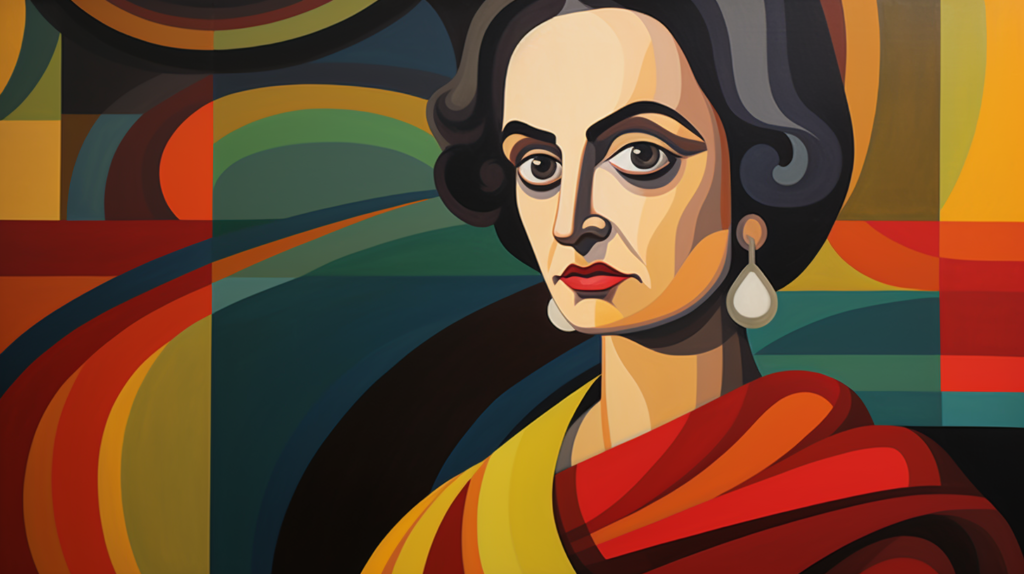
Indira Gandhi: First female Prime Minister of India, led the nation through turbulent times.
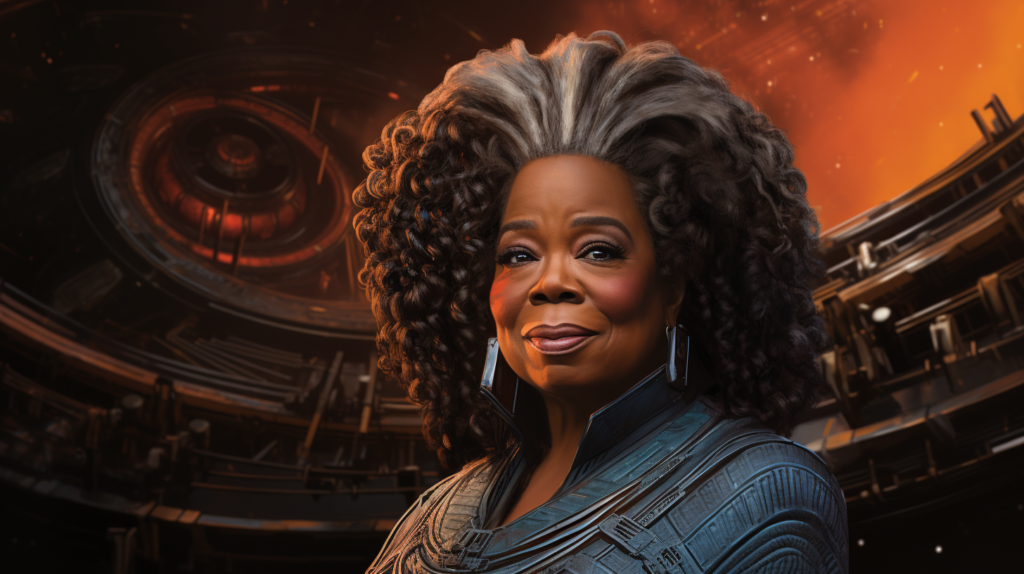
Oprah Winfrey: Rose from poverty to become a media mogul and philanthropist.
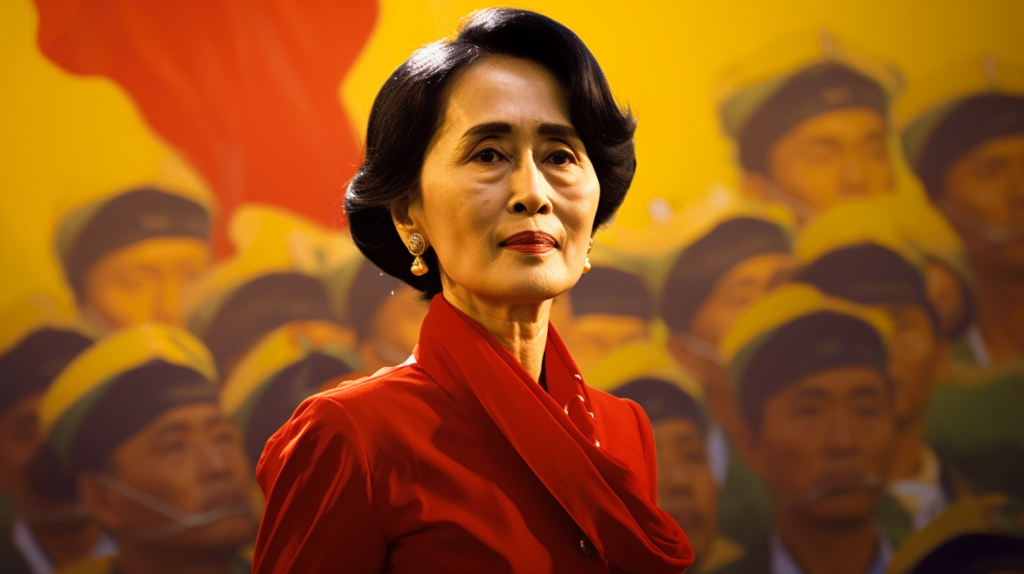
Aung San Suu Kyi: Fought for democracy in Myanmar despite years of house arrest.
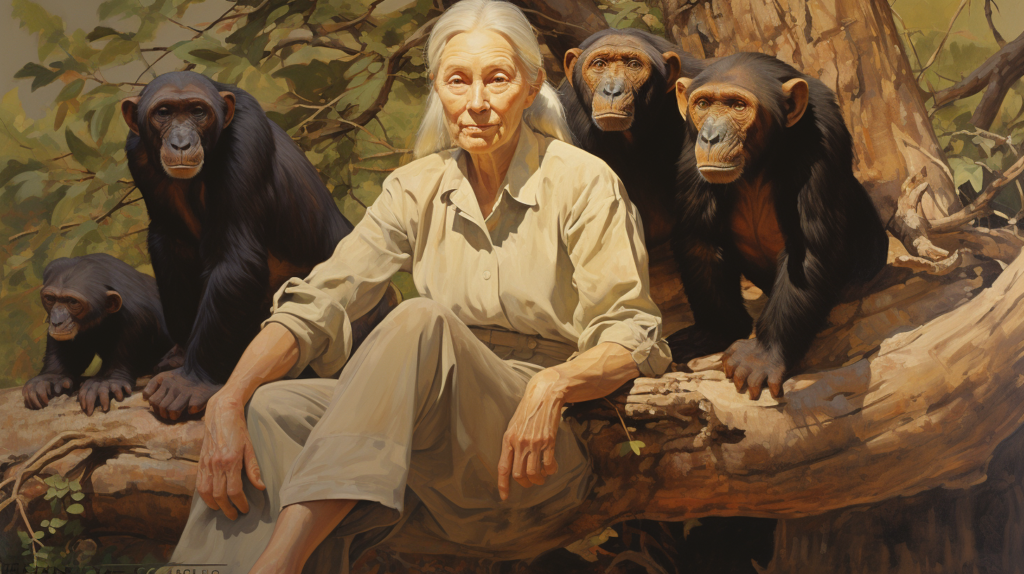
Jane Goodall: Revolutionized primatology, despite initial lack of formal training.

Billie Jean King: Championed gender equality in sports.
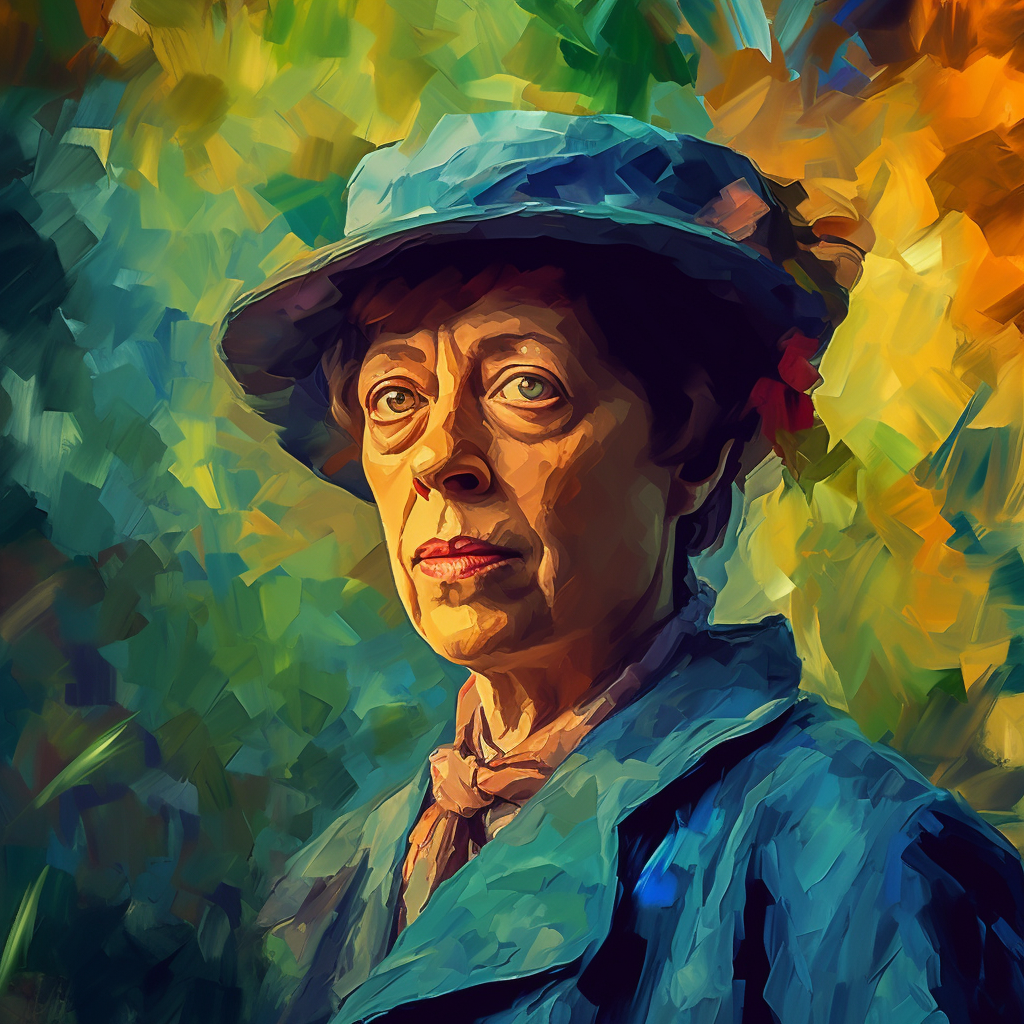
Eleanor Roosevelt: Transformed the role of the First Lady and championed human rights.
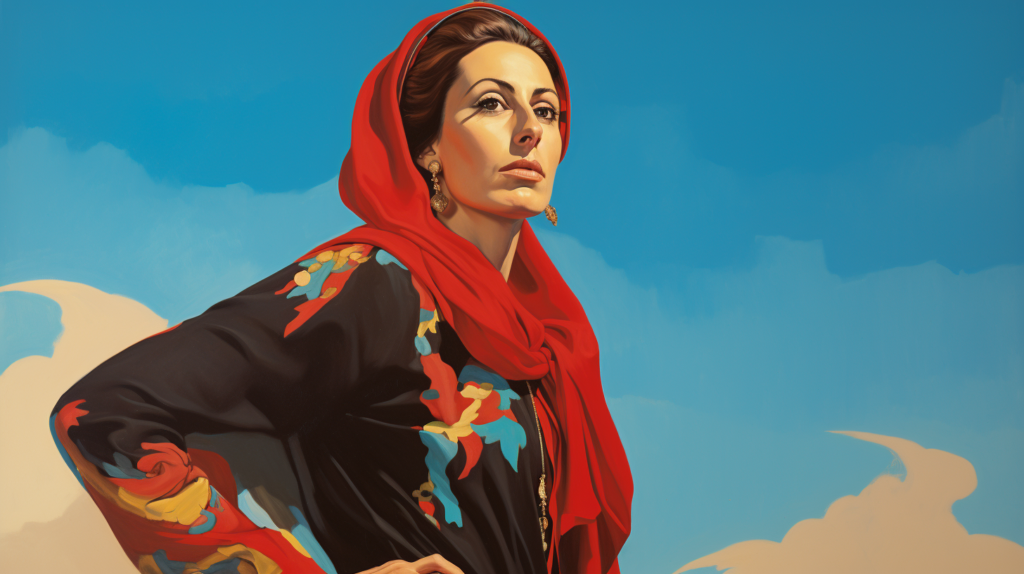
Benazir Bhutto: First woman to lead a Muslim-majority country.
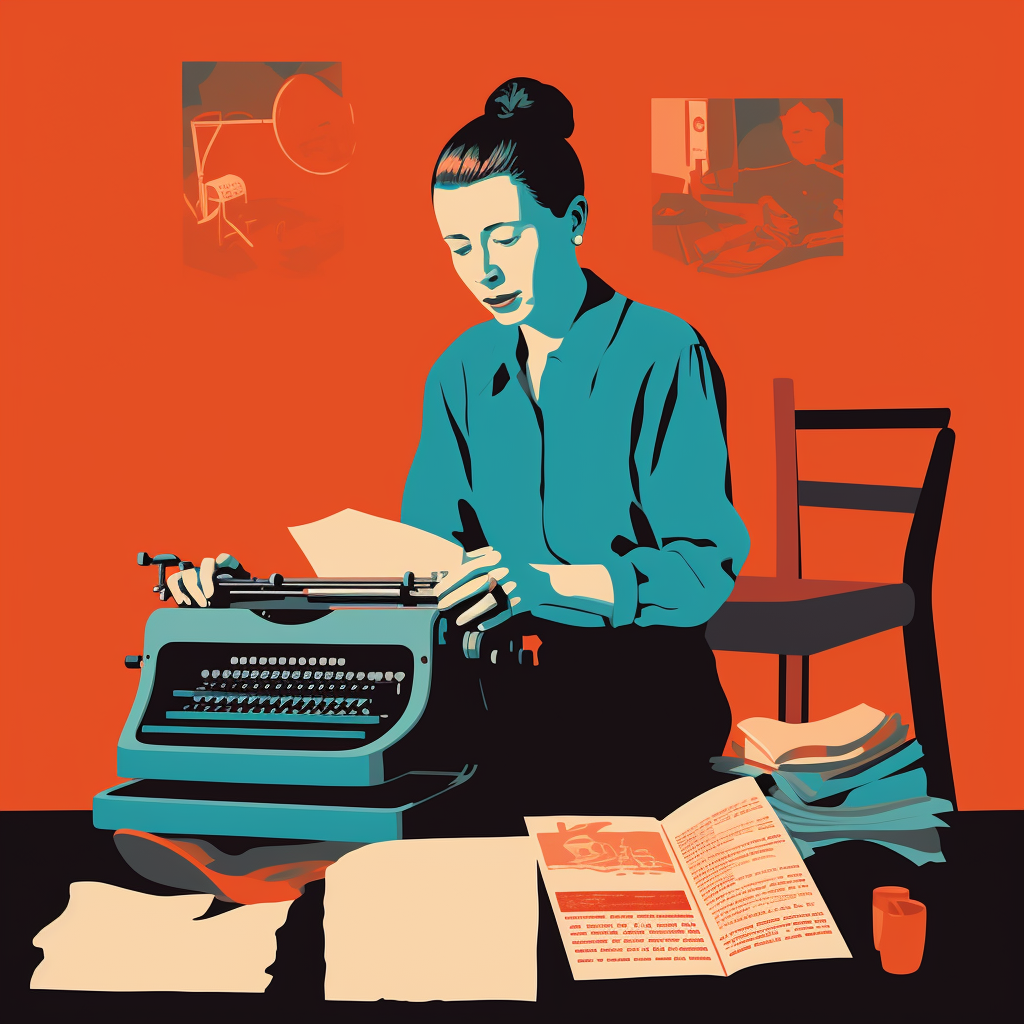
Simone de Beauvoir: Laid the groundwork for modern feminist theory.
Each of these women faced immense challenges and adversities but managed to transcend them, leaving an indelible mark on history. Their stories serve as a testament to the transformative power of overcoming challenges, inspiring us all to strive for greatness despite the odds.
